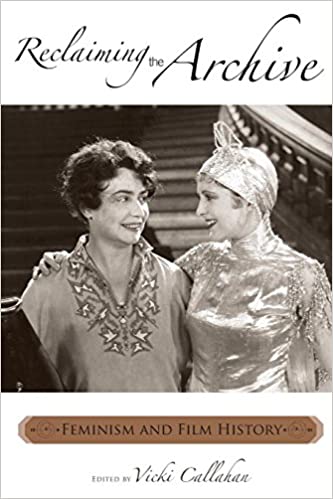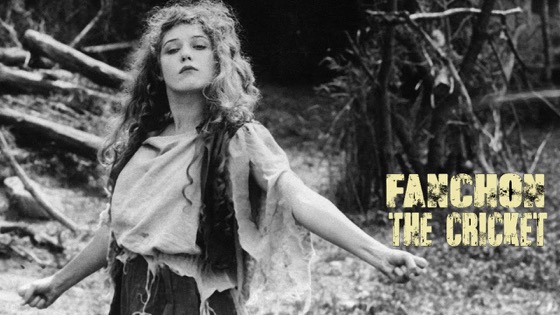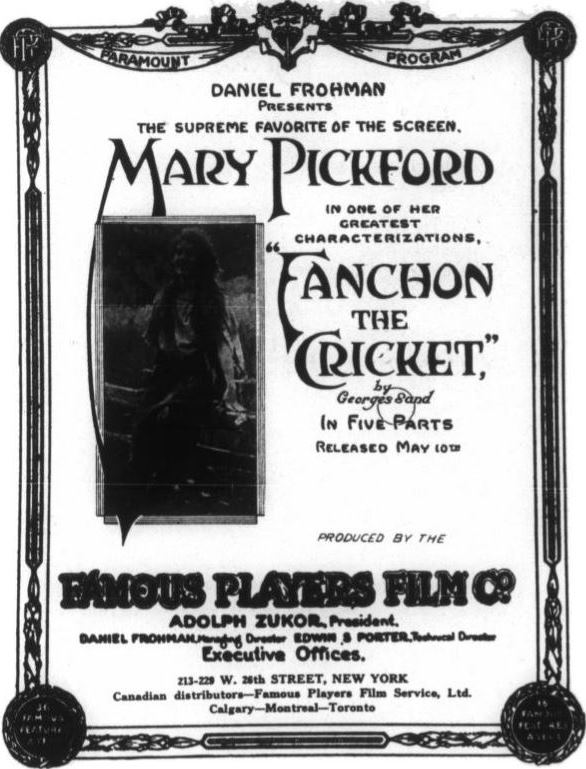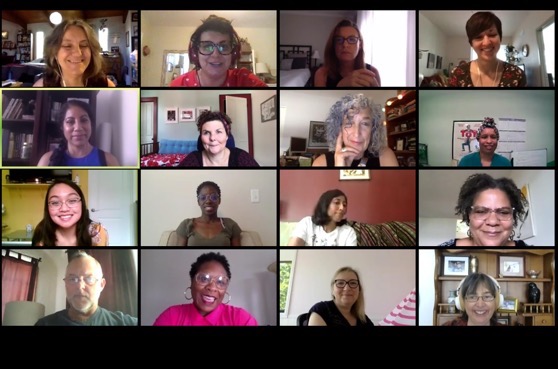Months of research went into the creation of the essays in “When Women Wrote Hollywood.” Here are some of the resources used to enlighten today’s film lovers to the female pioneers who helped create it.
†
Enter Audrey Hepburn’s private world in this unique New York Times bestselling biography compiled by her son that combines recollections, anecdotes, excerpts from her personal correspondence, drawings, and recipes for her favorite dishes written in her own hand, and more than 250 previously unpublished personal family photographs.
Audrey at Home offers fans an unprecedented look at the legendary star, bringing together the varied aspects of her life through the food she loved—from her childhood in Holland during World War II, to her time in Hollywood as an actress and in Rome as a wife and mother, to her final years as a philanthropist traveling the world for UNICEF.
Here are fifty recipes that reflect Audrey’s life, set in the context of a specific time, including Chocolate Cake with Whipped Cream—a celebration of liberation in Holland at the end of the war; Penne alla Vodka—a favorite home-away-from-home dish in Hollywood; Turkish-style Sea Bass—her romance with and subsequent marriage to Andrea Dotti; Boeuf à la Cuillère—Givenchy’s favorite dish, which she’d prepare when he’d visit her in Switzerland; and Mousse au Chocolat—dinner at the White House. Audrey also loved the basics: Spaghetti al Pomodoro was an all-time favorite, particularly when returning home from her travels, as was a dish of good vanilla ice cream. Each recipe is accompanied by step-by-step instructions, including variations and preparation tips, anecdotes about Audrey and her life, and a poignant collection of photographs and memorabilia.
Audrey at Home is a personal scrapbook of Audrey’s world and the things she loved best—her children, her friends, her pets. It is a life that unfolds through food, photographs, and intimate vignettes in a sophisticated and lovely book that is a must for Audrey Hepburn fans and food lovers.
Buy “When Women Wrote Hollywood” Today!
Paperback Edition | Kindle Edition | Google Play Edition
Help Support Local Bookstores — Buy at Bookshop.org
* A portion of each sale from Amazon.com directly supports our blogs
** Many of these books may be available from your local library. Check it out!
† Available from the LA Public Library

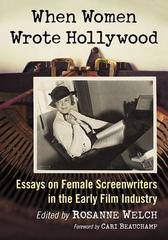
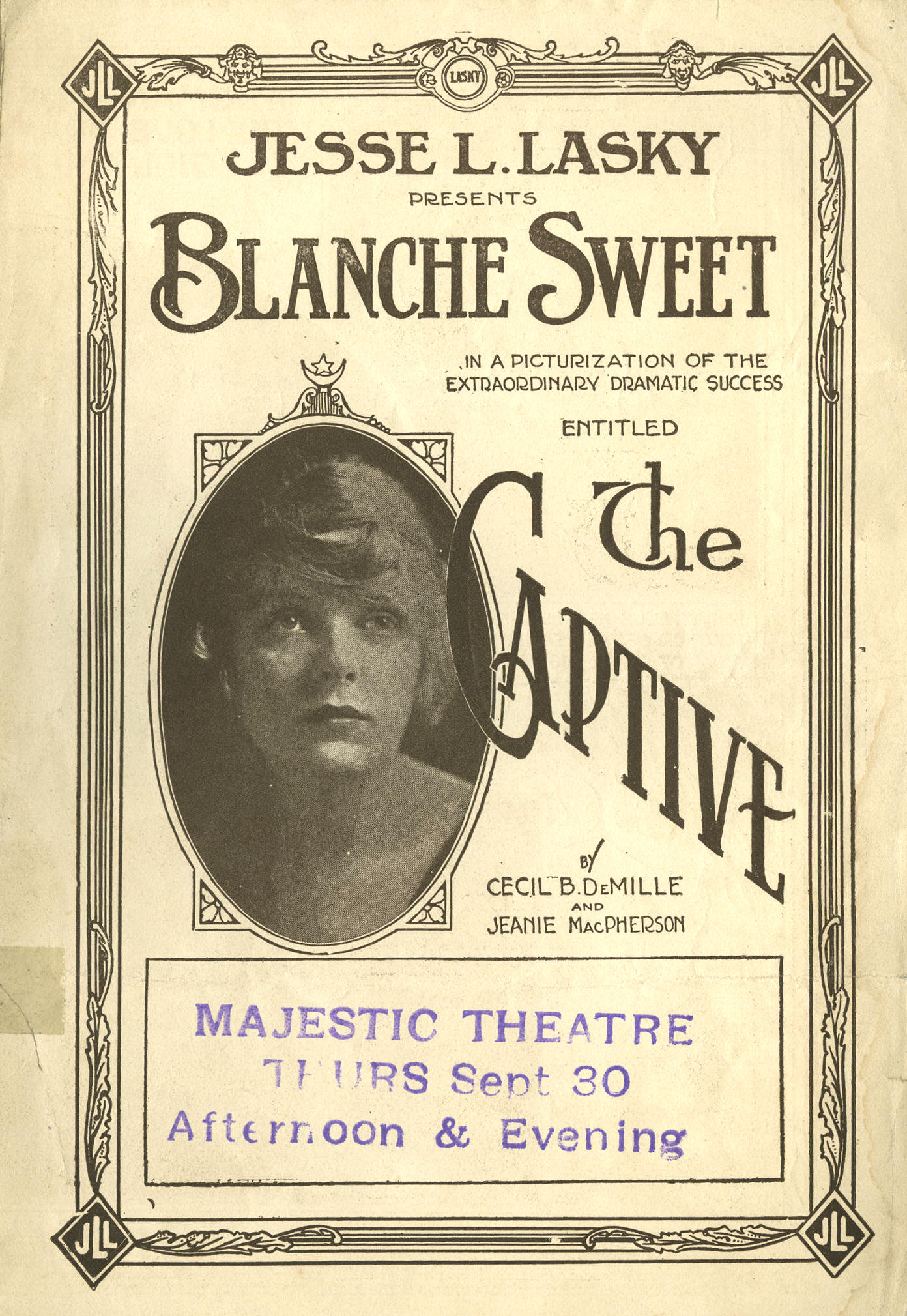
![Panel Discussion: More Than A Period: Writing Girls Coming of Age Stories For TV [Video] (1 hour 27 minutes)](https://rosannewelch.com/wp-content/uploads/2020/08/sddefault.jpg)






